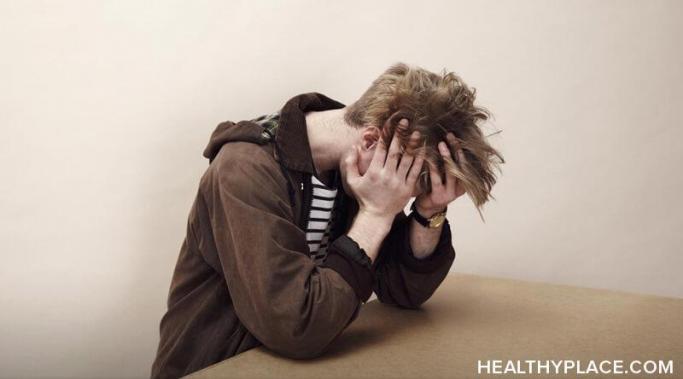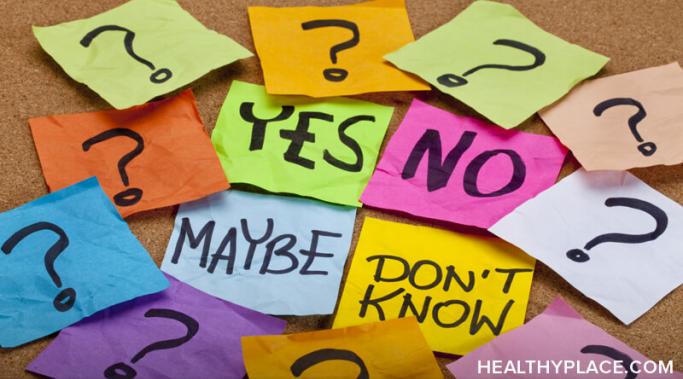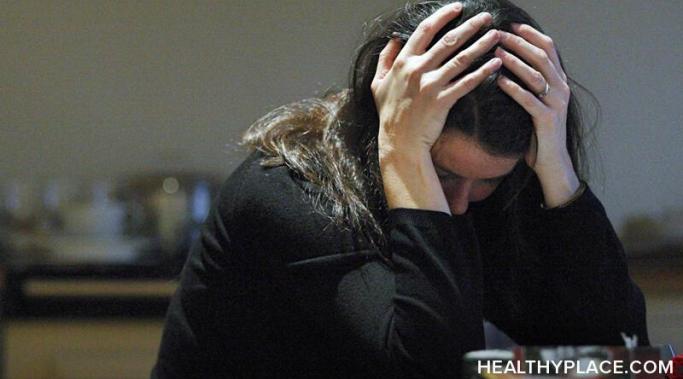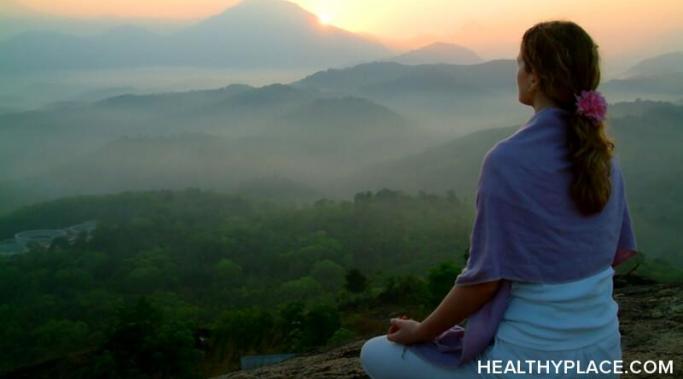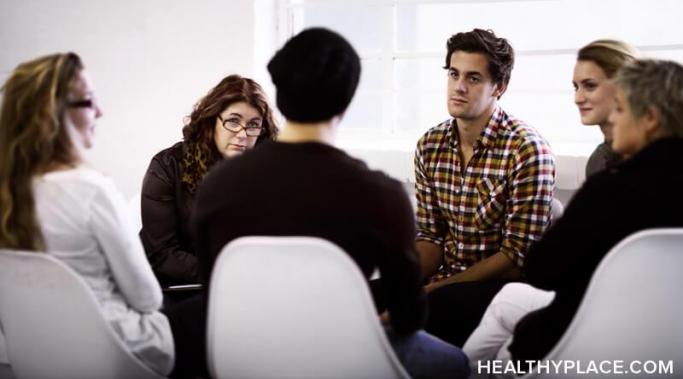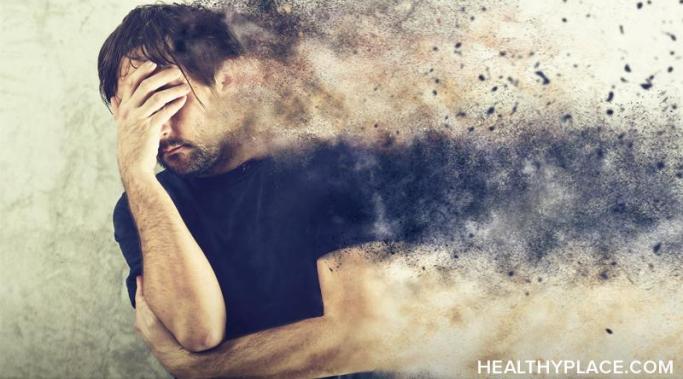When you have a history of trauma, dealing with betrayal can feel devastating. We all face betrayals of sorts throughout our lives. Unfortunately, hurt people hurt people. Some parents exploit their children; some spouses have affairs; some friends backstab their childhood besties, etc. Betrayal is all around us. We betray others in small ways; they betray us just the same. Sometimes, it's unintentional. Other times, it's purposeful. Nevertheless, it happens. But add a history of trauma to betrayal, and it's even more detrimental.
PTSD Symptoms
Learning how to silence your inner critic after trauma can feel impossible. Personally, I developed a harsh (and loud) inner critic during early childhood following a trauma that made me question my worth. As I grew up, I found it "safer" to try to be the perfect kid, teen, young adult, and now woman, thinking maybe it would make me more worthy of love and good treatment. However, this has only ever perpetuated more self-loathing and vicious cycles.
Developing intimate relationships when you have posttraumatic stress disorder (PTSD) can feel heavy, confusing, and downright terrifying at times. Growing up, I was a hypervigilant child, always trying to keep everyone safe. I didn't feel like I could trust anyone — especially not myself — and so I developed compulsions to forge a sense of control. I'd lock the door several times before bed, sometimes racing downstairs at 2 a.m. to check it was still locked. I'd turn down invites to sleepovers because I felt like I had to be with my parents in order to protect them (from what, I'm not sure). I'd ruminate for hours about the betrayals I'd faced and the roles I played in them. Posttraumatic stress disorder was making itself known in my relationships early.
Learning to trust yourself after trauma can feel like walking through a minefield. In my experience, if I take one wrong step, I fear my entire life will somehow implode. Even the most minor decisions send me into a fight-or-flight spiral. I deny my intuition and operate out of fear, craving a sense of security and certainty one simply cannot have in life. Learning to trust myself after trauma has been difficult.
Finding comfort in chaos has been a pattern for me and my unresolved trauma. Especially before I sought treatment for my childhood sexual assault, and often without realizing it, I would feel somewhat "addicted" to emotional pain. In other words, I felt most myself when there was some sort of conflict in my life, whether it was a physical health condition or a relationship issue. While I didn't actively want these things to be happening, I did find comfort in the chaos they stirred up.
Twenty years after being sexually assaulted, my childhood trauma made me sick. At the age of 24, I learned — the hard way — that if you ignore your emotions for too long, they will find other ways to get your attention, and even childhood trauma can make you sick.
As someone with posttraumatic stress disorder (PTSD), I've learned dealing with uncertainty is akin to sitting in the middle of a field during a thunderstorm, praying lightning won't strike you. Uncertainty and PTSD are not my friends. They have not been kind or reassuring. They have not taken my hand and led me toward the sunlight. They have only ever presented as a long, dark tunnel with no end.
Healing from my trauma required me to tell my trauma story — but not to over-identify with it. When I first began my healing journey, I would talk about my trauma to anyone who would listen: new friends, strangers on the Internet, distant family members, etc. In a way, telling my trauma story — and owning what I'd been through and how I got myself through it — empowered me. It gave me a sense of purpose and a feeling of pride; it also gifted me with much-needed validation.
Learning to say no after trauma can feel like stepping on someone's toes without stopping to apologize. In other words, it can feel harsh, cruel, rude, and downright awful to set a boundary or put your needs first. Through my experience enduring childhood sexual assault, I learned that my body was not my own. This idea made saying no after trauma very difficult.
I've found that emotional flashbacks are not as commonly discussed as "regular" flashbacks in posttraumatic stress disorder (PTSD). When I was first diagnosed with PTSD, I questioned my diagnosis because I hadn’t been experiencing the common symptom of a “flashback.” Flashbacks are a major part of PTSD, typically occurring in the form of visual memory and negatively stimulating our physical senses. However, I learned that many people — myself included — experience “emotional flashbacks,” or intense feelings of fear, shame, anger, and despair that are associated with a specific trauma.

